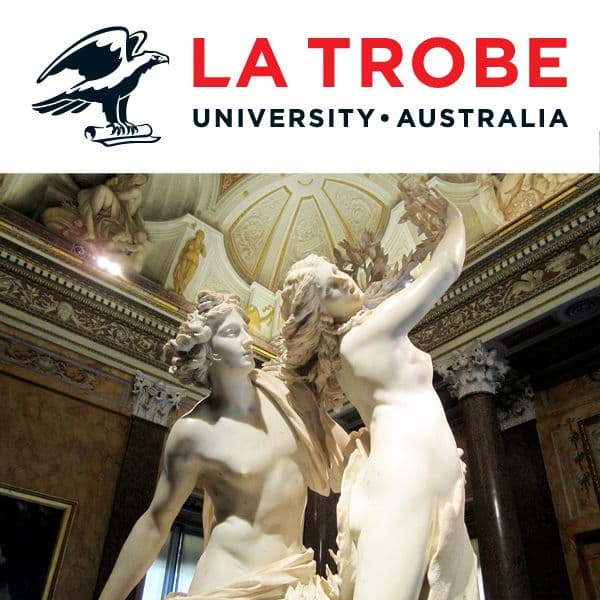Education
Ovid ends his work with a series of deifications: Julius Caesar becomes a god; Augustus will become a god. This most allusive and transformative of texts apparently ends with a pat celebration of the Julian family. However, this is not the end at all, for Ovid actually completes his work with his own immortality: he will live through his work and thus go beyond death and also beyond the holders of political power. It is a confident statement of the transcendence of poetry. Yet nothing is stable in Ovid's world, and the final book also contains a lengthy speech by the philosopher Pythagoras, whose beliefs include the perpetual rebirth of souls into new bodies. Is this an attempt to give a theoretical underpinning to the epic? Or does it once again snatch the rug from under the reader's feet?! Copyright 2014 Rhiannon Evans / La Trobe University, all rights reserved. Contact for permissions.

